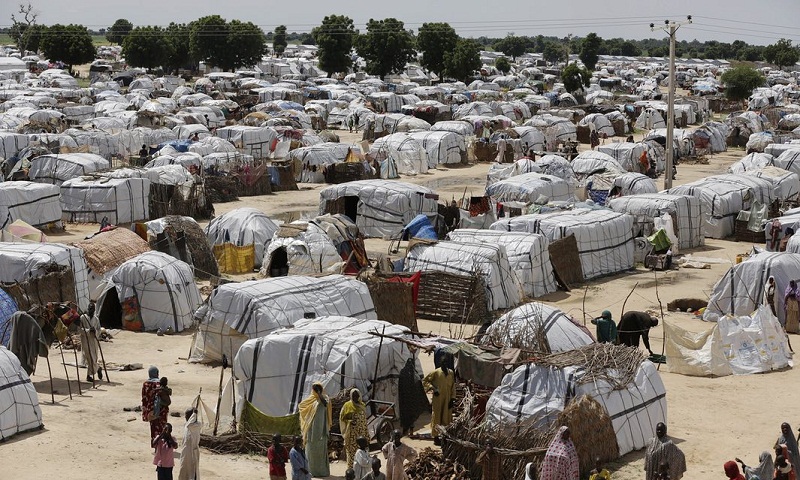Climate change will fuel terrorism recruitment, report for German foreign office says

Climate change will fuel acts of terrorism and strengthen recruiting efforts by terrorist groups such as Islamic State and Boko Haram, a report commissioned by the German foreign office has found. Terrorist groups will exploit the natural disasters and water and food shortages expected to result from climate change and allow them to recruit more easily, operate more freely and control civilian populations, argues the report by Berlin thinktank Adelphi. “Terrorist groups are increasingly using natural resources – such as water – as a weapon of war, controlling access to it, and further compounding, and exacerbating resource scarcities,” Lukas Rüttinger writes in the report, titled Insurgency, Terrorism and Organised Crime in a Warming World. “The scarcer resources become, the more power is given to those who control them, especially in regions where people are particularly reliant on natural resources for their livelihoods. “As climate change affects food security and the availability of water and land, affected people will become more vulnerable not only to negative climate impacts but also to recruitment by terrorist groups offering alternative livelihoods and economic incentives.” The Adelphi report cites several examples where the impacts of climate change are already spurring or exacerbating terrorism. In the drought-ravaged region around Lake Chad in central Africa, food and water shortages, near-economic collapse, and weak governments are providing a ripe recruiting ground for Islamist fundamentalist group Boko Haram. “In north-eastern Nigeria, the region closest to Lake Chad and where Boko Haram is strongest, 71.5% of the population live in poverty and more than 50% are malnourished. This kind of economic deprivation provides an ideal breeding ground for recruitment by Boko Haram.” In Syria, the now six-year civil war and rise of Isis was, not caused, but exacerbated by one of the worst and widest droughts in the country’s history, which drove hundreds of thousands from the land, and sent millions into extreme poverty and food insecurity.

